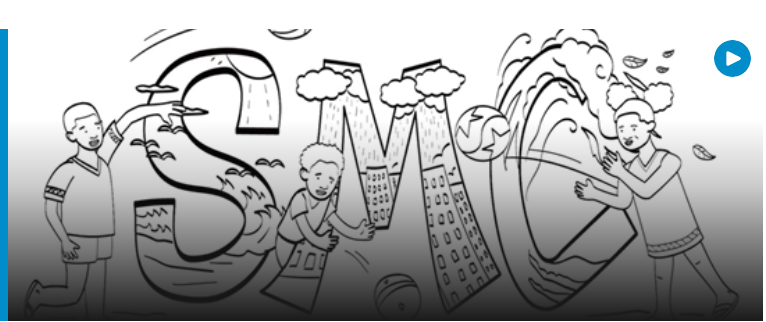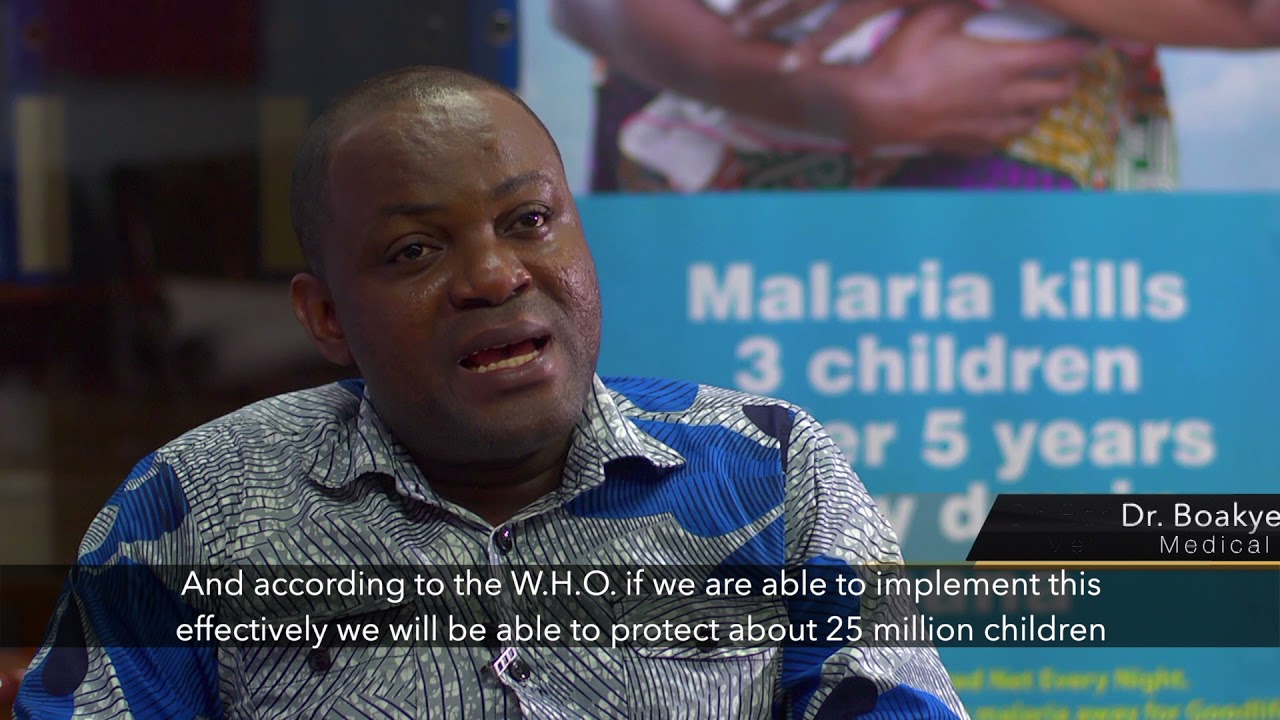Last Updated: 21/03/2025
Optimizing the impact of Seasonal Malaria Chemoprevention: improving delivery and building capacity for evaluation (OPT-SMC)
Objectives
The objectives of this project are:
- Strengthen capacity of National Malaria Control Programmes (NMCPs) to plan effectively, including appropriate targeting of high-risk populations, and timely procurement and distribution of drugs.
- Strengthen implementation research capacity of NMCPs so that they can improve SMC delivery through an understanding of the barriers and taking steps to overcome them.
- Develop capacity of NMCPs for monitoring delivery, evaluating impact, and strengthening systems for surveillance and monitoring.
- Develop or adapt SMC-specific tools for use in planning, monitoring, implementation research, and evaluation of SMC delivery
- Promote inter-country collaboration, sharing of information and expertise, so that countries can put into practice the solutions and lessons learned by other countries involved in SMC.
Medicines for Malaria Venture (MMV), Switzerland
Special Programme for Research and Training in Tropical Diseases (TDR), Switzerland
National Malaria Control Programme (NMCP) Senegal, Senegal
National Malaria Elimination Program (NMEP) Ghana, Ghana
National Malaria Control Program (NMCP) Togo, Togo
National Malaria Control Programme (NMCP) Benin, Benin
National Malaria Control Programme (NMCP) Burkina Faso, Burkina Faso
National Malaria Control Programme (NMCP) Cameroon, Cameroon
National Malaria Control Program (NMCP) Chad, Chad
National Malaria Control Programme (NMCP) The Gambia, The Gambia
National Malaria Control Programme (NMCP) Guinea, Guinea
National Malaria Control Programme (NMCP) Mali, Mali
National Malaria Control Programme (NMCP) Niger, Niger
National Malaria Elimination Programme (NMEP) Nigeria, Nigeria
WHO announced in 2018 that progress in reducing malaria cases and malaria deaths has slowed. They emphasized the urgency of optimizing delivery of key interventions in order to reduce the burden of mortality due to malaria, and highlighted SMC (Seasonal Malaria Chemoprevention) as a particular priority.
SMC has been shown to substantially reduce cases and deaths due to malaria, but SMC coverage remains suboptimal. Although countries have been quick to adopt SMC, fewer than 50% of eligible children had access to SMC in 2017. In addition, in areas where SMC is being implemented, only about 50% of children received all the required monthly treatments. There is a need to optimize delivery of SMC in order to close these gaps.
The project is a partnership between all 14 countries involved in SMC, including the 12 currently implementing SMC (Burkina Faso, Cameroon, Chad, Gambia, Ghana, Guinea, Guinea Bissau, Mali, Niger, Nigeria, Senegal and Togo), and two with plans to start SMC soon (Benin, Mauritania). These countries will be supported by academic partners in Senegal and UK, and by WHO/TDR and MMV. Donor agencies, NGOs involved in SMC, WAHO, and WHO, who are partners in the SMC Working Group, will form the advisory group for the conduct of the proposed project.
By developing problem-solving capacity to improve delivery of interventions, and by strengthening health systems, networking and collaboration between countries, the project will contribute to sustaining improvements in delivery that will improve the health and wellbeing of the populations in these countries. The project builds on and strengthens an existing network of countries in West and Central Africa, the SMC Working Group, which was established in 2013 by Roll Back Malaria.
May 2020 — Apr 2024
$2.45M


